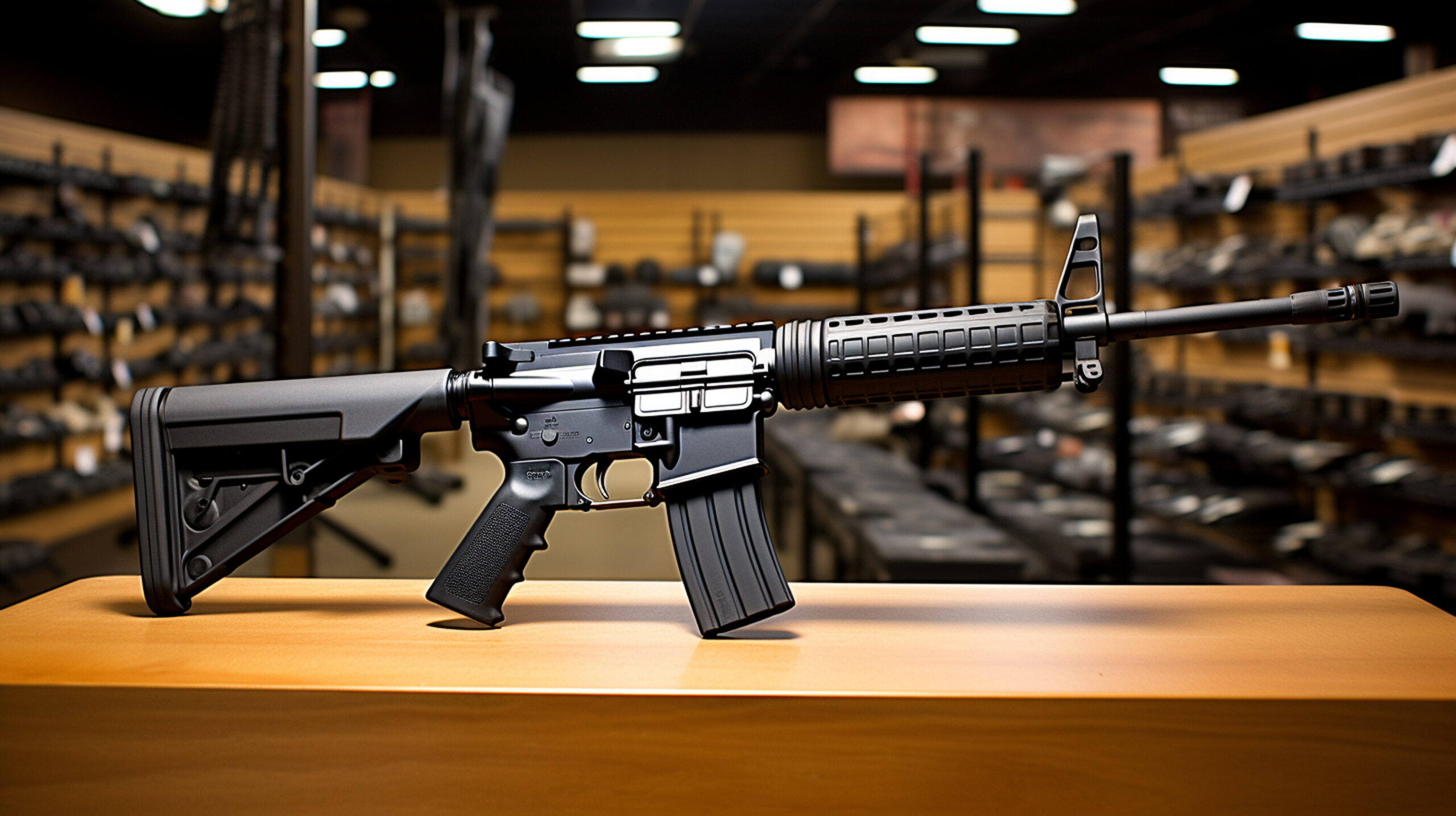
The firearms industry often faces scrutiny, yet it plays a crucial role in supporting wildlife conservation across the United States. Through financial contributions, education, and participation in conservation programs, firearms manufacturers and hunters contribute significantly to preserving ecosystems. By understanding this connection, we can appreciate how responsible gun ownership and the firearms industry support wildlife populations and habitats.
Transitioning to responsible practices is essential for maintaining balance in natural environments. Many firearm manufacturers actively fund conservation initiatives, making their role vital in promoting sustainable wildlife management. These efforts illustrate a unique partnership between outdoor recreation and environmental stewardship.
Financial Contributions to Wildlife Conservation
The firearms industry generates substantial revenue, a portion of which flows directly into wildlife conservation. Excise taxes on firearms and ammunition, collected under programs like the Pittman-Robertson Act, provide millions of dollars annually to state wildlife agencies. These funds help protect endangered species, restore habitats, and maintain hunting and fishing programs.
Moreover, leading firearm manufacturers contribute to non-profit organizations dedicated to wildlife protection. For instance, collaborations with Ducks Unlimited, the National Wild Turkey Federation, and similar organizations fund wetland restoration, forest management, and population monitoring. These financial contributions highlight the firearms industry as a key supporter of environmental preservation.
Hunting and Sustainable Wildlife Management
When conducted responsibly, hunting supports sustainable wildlife management and helps maintain ecological balance. The firearms industry provides tools, safety training, and education programs that ensure hunters engage in ethical practices. This guidance reduces overhunting while promoting population control for particular species.
For example, controlled hunting programs prevent deer overpopulation, which can destroy habitat and threaten other wildlife. By facilitating responsible hunting practices, the firearms industry indirectly preserves biodiversity. Hunters, supported by firearm manufacturers, play a hands-on role in maintaining healthy ecosystems, demonstrating how recreation and conservation coexist.
Education and Safety Initiatives
The firearms industry invests heavily in education and safety programs for hunters and shooting enthusiasts. National and state-level hunter education courses, sponsored by firearms manufacturers, teach participants ethical hunting practices, firearm safety, and environmental responsibility.
These educational programs extend beyond hunting techniques. They foster a conservation mindset, encouraging participants to contribute to habitat preservation and wildlife monitoring. By promoting responsible firearm use and environmental stewardship, the industry ensures that conservation efforts are sustainable and effective.
Partnerships with Conservation Organizations
Collaboration between the firearms industry and conservation organizations amplifies the impact of preservation efforts. Many firearm manufacturers partner with wildlife agencies and non-profits to sponsor habitat restoration, species reintroduction programs, and research projects.
For instance, funding initiatives often support wetland preservation, reforestation, and wildlife surveys that inform management strategies. These partnerships demonstrate a shared commitment to protecting natural resources while allowing recreational hunting and shooting activities to continue responsibly.
Advancing Research and Technology
Modern firearms companies also contribute to conservation through research and innovation. The industry supports scientific understanding of ecosystems by developing tools for wildlife tracking, population monitoring, and habitat assessment.
For example, advanced optics, rangefinders, and GPS-based tools designed for hunters double as instruments for conservation research. These technologies allow biologists to monitor animal populations more accurately, providing data essential for creating effective conservation policies.
Promoting Ethical and Responsible Gun Ownership
The firearms industry emphasizes ethical firearm use as a cornerstone of its conservation role. Responsible gun ownership ensures safety, minimizes environmental impact, and reinforces sustainable hunting practices. Manufacturers invest in community programs and outreach campaigns to educate gun owners about these responsibilities.
By promoting ethical behavior, the industry reduces poaching risks and encourages wildlife protection. Responsible firearm users contribute to long-term conservation goals while enjoying outdoor recreation safely and sustainably.
Case Studies: Success Stories
Several examples illustrate the firearms industry’s positive influence on wildlife conservation. Programs like the Wildlife Restoration Program, funded by Pittman-Robertson excise taxes, have restored habitats for hundreds of species. Similarly, partnerships with Ducks Unlimited have preserved millions of acres of wetlands, benefiting waterfowl populations.
Hunting organizations funded by firearm sales have successfully managed deer, turkey, and elk populations in multiple states. These initiatives highlight the benefits of linking the firearms industry to wildlife conservation and demonstrate that recreational shooting can coexist with ecological stewardship.
Challenges and Opportunities
Despite these efforts, the firearms industry faces challenges in balancing recreational use with conservation. Criticism from animal rights advocates and public perception issues sometimes overshadow its contributions. However, transparency, education, and collaboration with environmental organizations provide opportunities to strengthen public understanding.
The industry innovates by adopting sustainable manufacturing practices, supporting ethical hunting, and expanding educational outreach. These steps reinforce firearms’ positive role in protecting wildlife and natural habitats.
A Vital Partnership
The firearms industry is essential in wildlife conservation, combining financial support, education, and sustainable hunting practices. Firearm manufacturers and responsible hunters actively preserve ecosystems and wildlife populations through funding, partnerships, and technological innovation.
Understanding this connection encourages a more balanced perspective. The firearms industry and conservation efforts are not mutually exclusive; they form a dynamic partnership that safeguards natural resources for future generations. By supporting ethical practices and habitat preservation, the industry continues to prove that responsible gun ownership contributes to a healthier, more sustainable environment.